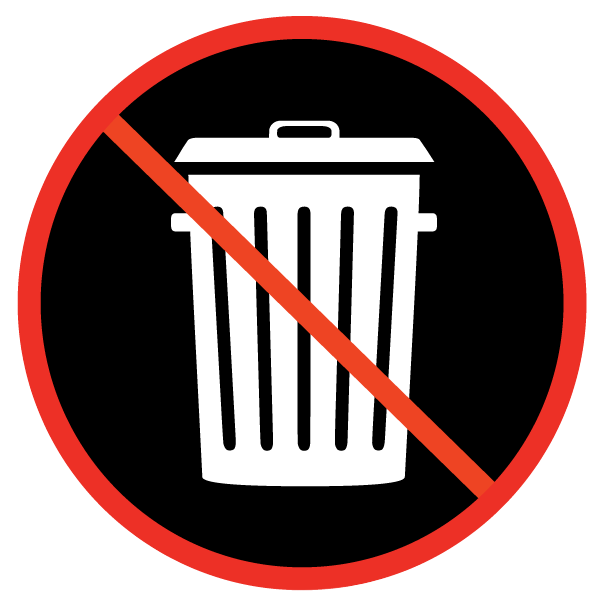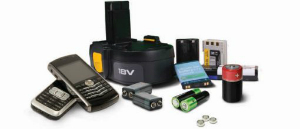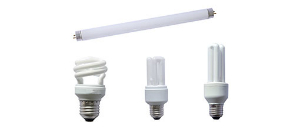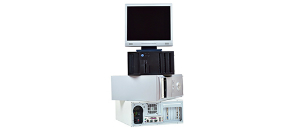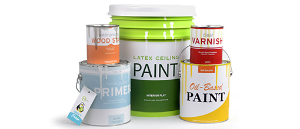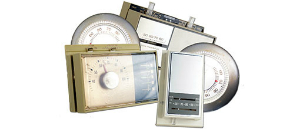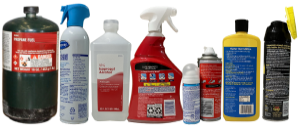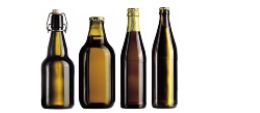
Vermont has special recycling programs for some items that can be recycled, but NOT in the blue bin.
To find the nearest Special Recycling Program drop-off location for Batteries, Electronics, Paint, Fluorescent Lightbulbs, or Mercury Thermostats, select your county from the dropdown list below and click “Search” or review this printable list that includes several languages.
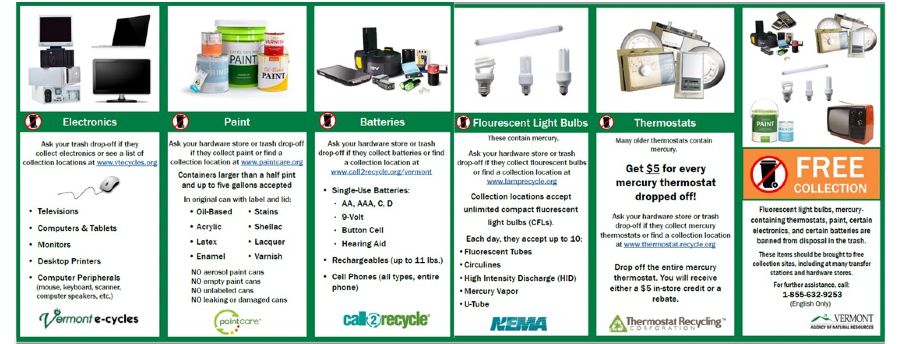 Arabic - عربي
Arabic - عربي
Vietnamese - Tiếng Việt
Chinese - 普通话
French - Français
Nepali - नेपाली
Serbo-Croatian - Srpskohrvatski
Somali - Soomaali
Spanish - Español 30-sec video ad in Español
English
Contact Sarah Hobson (sarah.hobson@vermont.gov) to request hard copies of the English brochure.
Batteries. Recycle your spent single-use or rechargeable batteries and cellphones at convenient drop-off locations around the state through Call2Recycle. Learn more about battery recycling in Vermont.
Bulbs. Mercury-containing bulbs are banned from the trash and should be handled with care to prevent breakage. Recycle your fluorescent and other mercury-containing bulbs at drop-off locations throughout the state through MercuryLampRecycle. Learn more about bulb recycling in Vermont.
Electronics. Recycle computers, monitors, televisions, printers, and computer peripherals at transfer stations and other drop-off facilities throughout the state through the VT e-cycles program. Or, contact your local waste district or town to find a drop-off location near you for these and other electronics.
Paint. Recycle left-over oil and latex architectural paint at drop-off locations throughout the state through PaintCare. Learn more about paint recycling in Vermont, including where to buy recycled paint.
Thermostats. Recycle mercury-containing thermostats at drop-off locations throughout the state and receive a $5.00 in-store credit or a reimbursement coupon. Learn more about thermostat recycling in Vermont.
Household Hazardous Waste (HHW). Signed by the Governor in June 2023, HHW EPR will require manufacturers of some of the most toxic forms of solid waste to assist with funding the end-of-life management of these wastes. Implementation of the Household Hazardous Waste EPR Law will begin in 2025. Learn more about HHW EPR. Find out where to bring your HHW here.
Beverage Containers. Containers that are covered under the "Bottle Bill" can be redeemed at certified redemption centers throughout the state. Learn more about Vermont's Bottle Bill.
To learn more about special recycling programs, visit our "What do I do with this?" webpage or contact your local waste district or town.

Explore our outreach and training resources for collectors, including training videos, ads, downloads, and other resources.
What is Product Stewardship?
Product Stewardship is the act of managing a product and its packaging throughout its entire life cycle to both minimize the health, safety, environmental, and social impacts, and maximize economic benefits. While a product’s manufacturer has the most control over the product’s impact, other stakeholders, such as suppliers, retailers, and consumers, also play a role. Stewardship can either be voluntary or required by law.
What is Extended Producer Responsibility?
Extended Producer Responsibility (EPR) is a mandatory type of product stewardship in which the manufacturer is responsible for helping properly manage its products even after they have been sold. Vermont’s EPR laws share the cost of recycling and safe materials management between manufacturers and consumers and increase collection and recycling rates of covered products. Vermont’s EPR programs are effective thanks to the convenient collection locations throughout the state, efforts by waste districts, towns, and private facilities, and outreach to consumers.
Vermont's Extended Producer Responsibility Laws
The following EPR laws have been passed in Vermont:
- Certain Dry-Cell Batteries: effective 1992
- Lead-acid Batteries: effective 1993
- Automobile Switches: effective 2006
- Mercury Thermostats: effective 2008
- Electronic Waste: effective 2011.
- Mercury Lamps: effective 2011
- Architectural Paint: effective 2013
- Primary Batteries: effective 2016
- Household Hazardous Products: effective 2025

